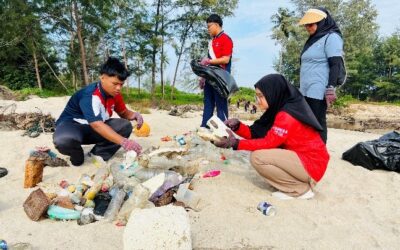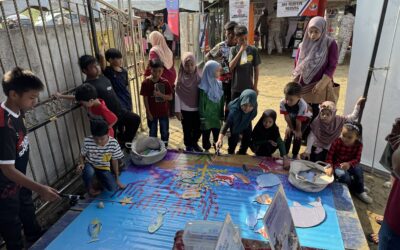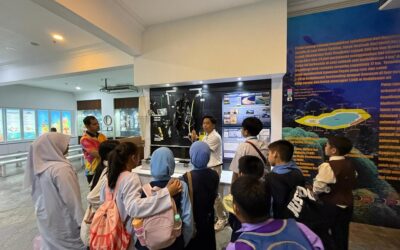Representing Biodiversity at COP 16
So this is exciting news: I will be representing Reef Check Malaysia at COP 16 in Cali, Colombia from 21st October to 1st November!
I will join our partners, Pacific Environment and the other ASEAN team members from Thailand, Vietnam and the Philippines.
The regional team has been working together for nearly three years, supported by Pacific Environment, to advocate for greater protection of marine ecosystems. Specifically, we have been calling on our various national governments to support Target 3 of the Kunming-Montreal Global Biodiversity Framework (KMGBF, or just GBF)
I feel privileged to have this opportunity to meet with and learn from, some of the leading thinkers in biodiversity conservation. The link between global warming, climate change and biodiversity loss is increasingly being acknowledged; you only have to look at the current bleaching event affecting coral reefs in the Indo-Pacific – which is caused by greenhouse gas-linked ocean warming – to see the connection.

Photo credit: United Nations
So, if you thought all this stuff was new…it isn’t!
It has a long history, going back to 1972. I was 11 years old! 52 years after the first HEC, and 32 years after the Earth Summit…what have we achieved?
Have a look at this website for more information on the Earth Summit, and the important discussions on sustainability.
Why am I going to COP 16?
Those of you who follow these issues will know that two years ago, at COP 15 in Montreal, parties agreed to a new set of biodiversity conservation targets.
One of the most contentious is Target 3, which sets a target to protect 30% of land and marine areas by the year 2030, the so-called “30×30 target”. Other targets cover the rights of indigenous people and local communities and funding for biodiversity conservation.
So, we have some targets. But how to achieve them? What programmes need to be implemented at the national level to make the targets real?
The National Biodiversity Strategies and Action Plans
That’s where the so-called NBSAPs come in. The National Biodiversity Strategies and Action Plans are national-level policies for achieving the GBF targets.
In Malaysia, the Ministry of Natural Resources and Environmental Sustainability (NRES) is responsible for the National Policy on Biological Diversity, which essentially is Malaysia’s NBSAP.





